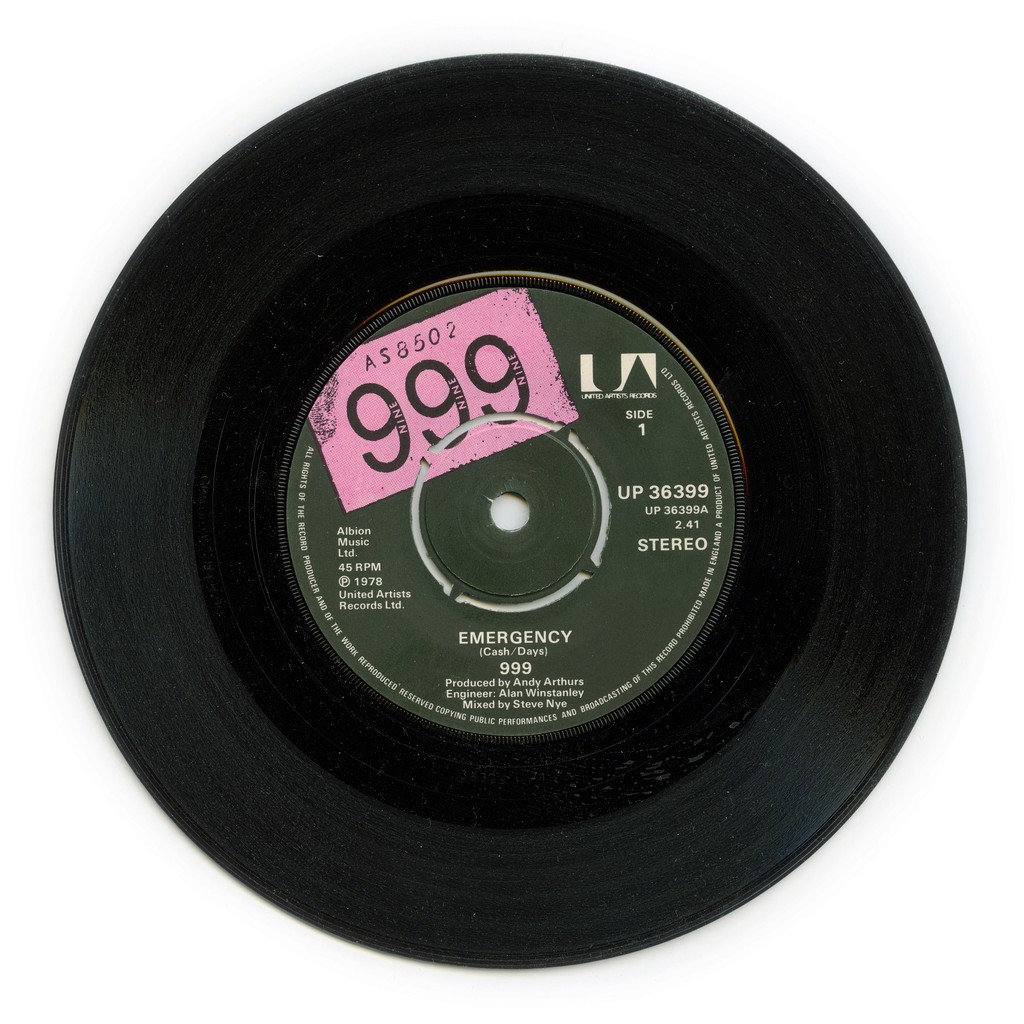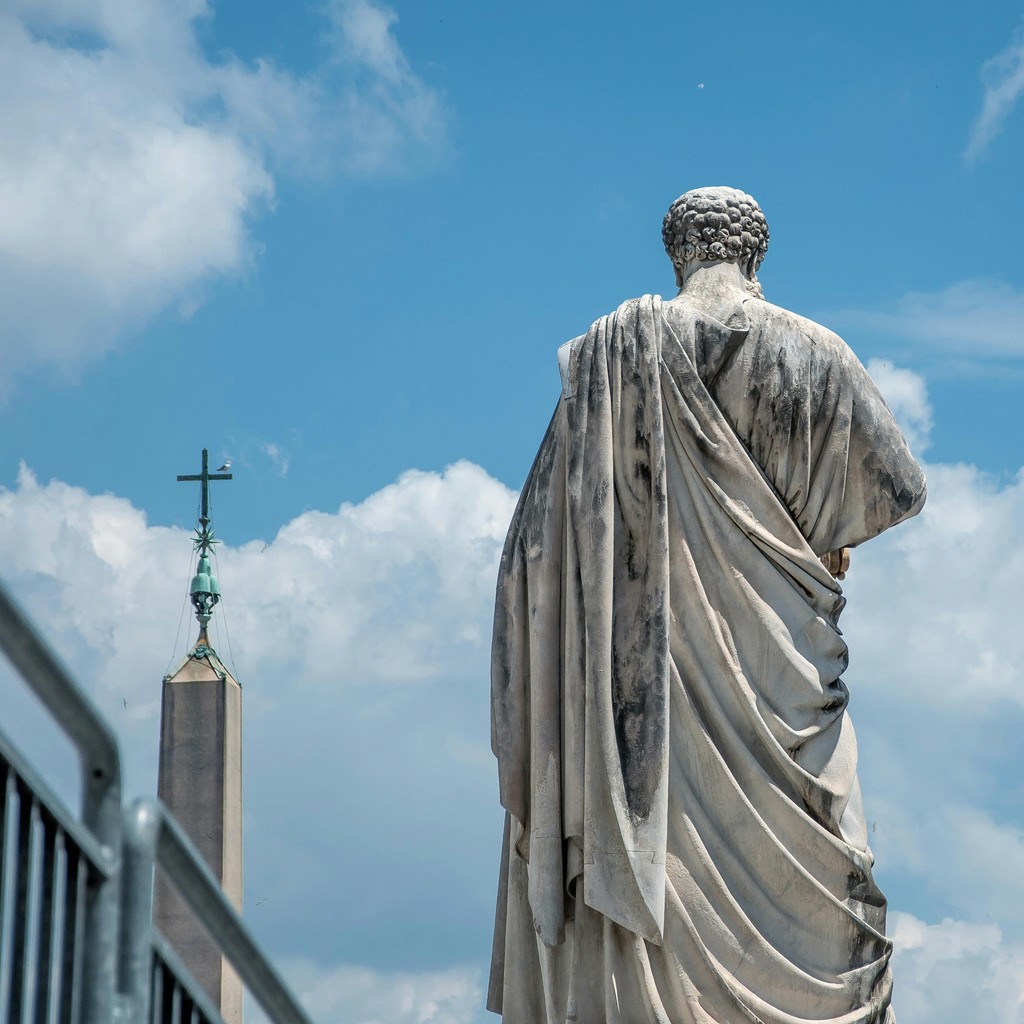
Ryan
May 17, 2024
Voices from the Past: Oral History Recordings' Significance
Oral tradition is one of the significant components of great human History. It is a form of communication in which traditions, History, and social information are passed from one generation to another. Others have been practicing this as early as ancient times and even up to the present day.
However, the situation is different in the present world, where technological advancement is at its peak. These are how we have learned to keep such stories alive, and that is where oral history recordings come into the picture. Gadgets such as cameras and microphones are now available to help narrate the stories instead of just telling them. One is freezing the moments and keeping them as if they would never change.
In this article, we will reveal why such recordings are so significant. We will learn how they contribute to memory and enable more people to have a say while painting the picture of human History in more colors. Therefore, let us travel in time and attend to the voices that have not lost their center even today.
Introduction to Oral History
An oral tradition is a form of information that helps build a relationship between the present and the past. They enable us to listen to people's History and tales of events that took place in the past. Thus, History is preserved, and generations can hear directly from those who experienced it firsthand. In the old days, there had to be a way of passing them on, and this was through talking storytelling, and unique traditions. But today, with the help of sophisticated recorders and cameras, we can capture these stories and store them in a form that anyone can access.
Understanding Oral History
Definition and Purpose
That is why oral History is like the storytelling time machine! Thus, instead of reading about History in some books, we can hear it from those who have experienced it. It is simply about listening to their accounts and recollections of the previous years. I remember my grandparent's stories about their youth; that is a form of oral History. This is because it is through such creations that one can get an idea of how life was in the past, and thus, these memories can be preserved for future generations.
A Step-by-Step Guide to Recording Oral History
When you want to record oral History, there are a few simple ways to do it:

Audio Recordings: This is like the ability to write a memo; think of it like dictating something into your phone. You record and let the person say anything they want to say. It is simple and does not require any specific tools or apparatus.
Video Interviews: These are like video recordings made on your smartphone. You can see the person speaking and even capture the gestures he or she is making. They are slightly more complex, but they can enrich the story a lot.
Transcriptions: This entails putting down people's utterances as they say them. You can do it manually or use computer software to arrive at the answer. It assists in recording what has been discussed and helps retrace back to what was discussed earlier.
Digital Storytelling: This is like making a movie with the pictures and videos we will take. Some notable applications combine all the materials and publish them on the web.
Community Workshops: These meetings involve people who converge to relate their experiences. It is a fun way of documenting historical events and simultaneously creating a bond among the people.
Mobile Apps: Some applications you can use on your phone to help you record interviews include the following: It is easy to record stories with them anywhere you are.
Archival Interviews: These are systematic and/or recorded conversations with knowledgeable individuals on a specific subject. They are valuable because they record events before they are forgotten in society.
Either way, focusing on narration and saving the information for future generations is crucial.
The Importance of Oral History Recordings
Oral history recordings are super crucial for a few reasons: Oral history recordings are super critical for a few reasons:
Preserving Stories: Think about the fact that your grandparents never shared the stories about their childhood or how they met. Oral history recordings preserve such stories so that they are not told and forgotten in the future.
Sharing Perspectives: Each person has his own perspectives on life and on perceiving things in this world. Oral history recordings allow people to listen to various people with various testimonies and thus appreciate people.
Keeping History Alive: History was not written in books; it also included everything that people have gone through. Oral history recordings are helpful because they give the listener a taste of the past from the people's mouths.
Honoring Voices: Everyone's stories are not often told in books and other historical records, especially those belonging to minorities and ordinary people. Oral history recordings also let them have a say in the narrative.
Connecting Generations: It is typically said that one can learn a lot from society's elders, and this can foster the feeling of being in touch with one's cultural background. Oral history recordings provide the missing link between the young generation and the older one.
In short, oral history recordings are similar to samples of a particular time carrying valuable information and experiences. These are ways to keep the histories and the lessons we can get from those histories.
The goal of historical conservation through Oral History
History is said to be the story of humanity, and that makes it very important to uphold. That is why when we listen to our grandparents or any other elder in society narrating an incident, we are not only listening to a story of the past but are also preserving it.
Like how people have family albums filled with pictures, stories are like family albums but with words. Oral History assists in preserving aspects of life that are not easily documented, such as the daily life in a particular district or how people used to celebrate some events.

But it's not just about the fond memories you make or have made. Oral History can also tell people's History, which needs to be written down in history books. Individuals from various ethnic groups or cultures, for instance, have specific stories that need to be told and brought to the limelight.
And do you know what is excellent? It is more entertaining to hear someone describe what happened to them than to read it. It gives History a face and helps people feel the events that took place in the past.
Thus, listening to and telling oral narratives is not only about saving History but also about respecting the lives of those who lived it and gaining their wisdom.
Oral history preservation: Tips and tricks
Practical preservation of oral History involves a few intelligent strategies. Effective conservation of oral History involves a few intelligent strategies:
Digital Archiving: This entails converting oral records into other usable formats, such as MP3 or MP4 Players. It's like digitizing all those old home videos that are still recorded on tapes and can be easily shared and stored.
Transcriptions: Another strategy is to take notes of what is being said in the recordings. This assists in tracking the stories and makes them easily retrievable, as one would search for a term in a search engine.
Metadata Tagging: It is easier to find the recordings when they are tagged or given some keywords. It is as if someone is organizing different items in a storage room, where they put tags on the boxes, with the help of which you can easily search for what you want without having to search everything.
Cloud Storage: Recording on the cloud is safe and easily accessible from any device connected to the Internet. It is as if you are storing all your stories in a virtual library, where you can easily retrieve them anytime.
Collaborative Projects: Oral History cannot be preserved if the communities are uninvolved. Everyone contributes to saving something that belongs to all of them, and that is why the process of maintaining the documents is more efficient and fair.
Thus, the proposed strategies will enable oral History to be preserved and made available for people to learn from and enjoy.
Effects of Oral History on Historical Narration
Oral History, which is listening to people tell their stories of the past, makes History more fascinating. These stories clearly show how people lived during specific eras in the world's History. In this way, the stories about these people are included in the school curriculum, museums, and events, and History becomes more exciting and entertaining to study!
Listeners are characterized by seeking genuine and authentic content, which oral history recordings offer. Unlike written texts or secondary sources, oral History gives people a feeling of listening to someone from the past and hearing their voice and feelings.
Saving Stories: How Technology Assists Our Past In Communicating
Do you recall the fairy tales your parents used to tell you? Well, those are oral histories, and they are instrumental in informing us about the past! However, how are these stories protected? Well, here is where cool Technology comes in.
Tiny Tech, Big Stories: NO MORE BIG AND BULKY RECORDERS! Now, we have smart and tiny tools, such as voice or video recorders, that make the interview process so much easier.
No More Dusty Tapes: Tapes, on the other hand, are delicate and can easily get damaged, but we can always save the stories as digital files that can be easily sorted. That is like having a special box to keep memories; this box never has space for more memories!
Sharing is Caring: Due to technological advancements, especially the Internet, people can listen to these stories, but not necessarily in extensive libraries. It sounds like a beautiful experience when your friend in another country listens to stories from your grandma.
Seeing is Believing: Videos can show the face of the person telling a story, while in audio, one hears the voice. That is like feeling as if you were with them right there in the past.
Future-Proofing: Sometimes, Technology advances so fast that some recordings must be fixed to work again. It is like requiring a specific key to unlock a chest where one's toys are kept.
Not Everyone's Online: Some people might need the Internet or even know how to use it, as some of us do. Thus, finding ways to engage the public and then tell these stories is necessary.
However, Technology can be seen as a superhero that helps save oral histories despite the mentioned difficulties. Thus, we can use it to ensure that the voices of the past will continue to tell their stories for many more years to come.
Oral history preservation for the future
Oral History as a means of recording history is linked with future improvements in recording equipment, such as virtual reality and interactive narratives. Some of these innovations could transform how oral History is collected, stored, and disseminated to the public as experiences.
Although there is a wealth of information available on the Internet nowadays, people's stories (oral History) should be remembered and addressed, as they help to preserve cultural identities. These stories can only be told by people who have gone through those experiences, and they are unique in a world of information. It is like having a peephole through which one can get the actual scenario.
Conclusion
Therefore, listening to people's narrations of the past is excellent! These stories help one remember certain things and also illustrate History from one angle or another. Thus, by preserving these narratives, people will be able to get a broader understanding of the course of events that took place earlier. Although Technology can be pretty complicated sometimes, it is crucial that these recordings be saved and easily accessible to all so that all can gain knowledge from them!
FAQs
Q. In what way do oral history recordings help in memory sustenance?
A. Oral history recordings contain people's recollections and perceptions of occurrences and practices that are otherwise hard to document.
Q. What are some barriers to the protection of oral History?
Some of the factors that hinder the preservation of oral History are Technological factors and Ethical factors.
Q. What can communities do to participate in oral history projects?
A. Regarding oral history projects, communities can engage themselves in the recording process, telling their stories and supporting preservation.
Q. In what way can Technology help in the process of oral History?
A. Technology is significant in preserving oral History by converting recorded interviews into digital format, improving access to the material, and sharing it through the Internet and digital libraries.
Q. What are some barriers to the protection of oral History?
Some of the factors that hinder the preservation of oral History are Technological factors and Ethical factors.
Q. What can communities do to participate in oral history projects?
A. Regarding oral history projects, communities can engage themselves in the recording process, telling their stories and supporting preservation.
Q. In what way can Technology help in the process of oral History?
A. Technology is significant in preserving oral History by converting recorded interviews into digital format, improving access to the material, and sharing it through the Internet and digital libraries.
